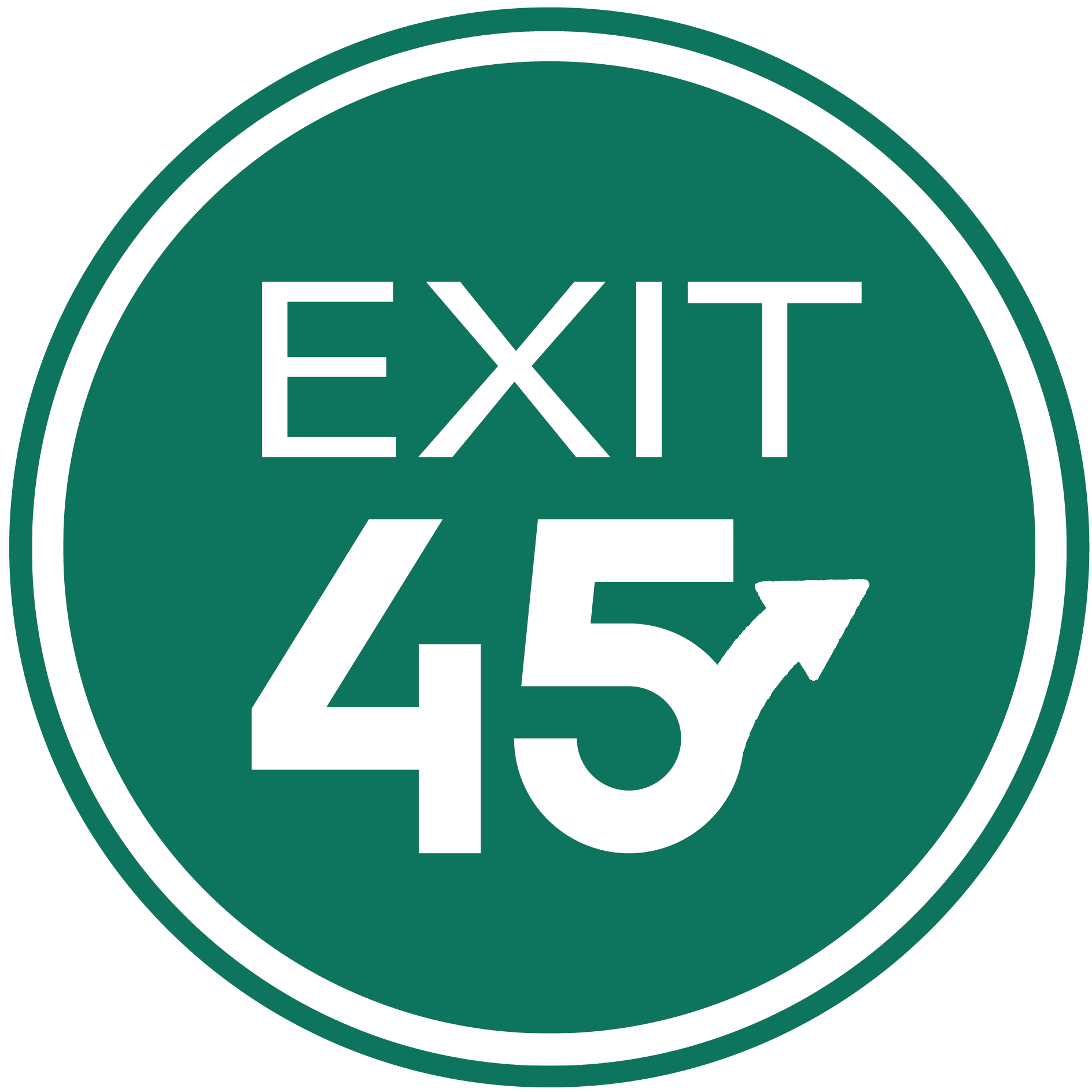How to Value a Business
Advice or guidelines for business owners
How to Value a Business Using Multiples of Earnings
Teaching business owners how to value a business is one of the primary goals of this website.
For middle-market businesses (with business values in excess of $5,000,000), we provide a lot of information in regards to how to value a business using EBITDA (Earnings Before Interest Taxes Depreciation and Amortization). For main street businesses (business valued below $5,000,000), we provide the most comprehensive information on the Internet about How Small Businesses Are Valued Based on Seller’s Discretionary Earnings (SDE).
To learn how to value a business, you must first understand how to calculate “earnings” as defined by EBITDA, Adjusted EBITDA or Seller’s Discretionary Earnings (SDE). The business value is then derived by applying the appropriate multiple to the “earnings” number. But be careful! The appropriate multiple of earnings depends on the definition of “earnings” being used. Read this article to learn how SDE vs. EBITDA vs. Adjusted EBITDA Leads to Multiples Confusion.
How to Value a Business in Excess of $5,000,000 Using EBITDA Multiple
- The value of a business is usually based on EBITDA multiples for larger businesses.
- In some instances, the business value is dependent on EBITDA multiples by industry.
- EBITDA stands for Earnings Before Interest Taxes Depreciation and Amortization.
- EBITDA calculations are therefore Earnings + Interest + Taxes + Depreciation + Amortization.
- Adjusted EBITDA also adds back an owner’s entire salary then imputes replacement wages for a person hired to run the company. Adjusted EBITDA is used to value a business when its owner is paid more than fair market value.
For a business that values less than $5,000,000, you need to understand how to value a business using earnings multiples of SDE:
How to Value a Business less than $5,000,000 Using SDE Multiples
- Small business valuation is usually calculated on multiples of earnings based on Seller’s Discretionary Earnings (SDE).
- In calculating SDE, the value of all owner’s compensation, including perks, is added to EBITDA.
- Therefore, Seller’s Discretionary Earnings (SDE) equals EBITDA + owners compensation + other owner benefits.
- Because SDE results in a higher base number than EBITDA, the EBITDA earnings multiple is a higher number than the SDE earnings multiple.
- Similar to large business valuations, the business value may be dependent on EBITDA multiples by industry. However, when viewing the EBITDA multiples chart, keep in mind that by definition SDE multiples are less than SDE multiples.
- We have a very specific example of calculating EBITDA, Adjusted EBITDA and SDE in this newsletter: An Example of SDE vs. EBITDA vs. Adjusted EBITDA.
Other Resources for Information About How to Value a Business
In addition to the above six articles, here’s a list of other articles addressing specific aspects of business valuation:
